Security Ramp-Up as the Commission Begins Hearings
On Wednesday morning the Madlanga Commission opened its public hearings at the Brigitte Mabandla Justice College in Pretoria. The venue, usually a hub for legal education, was transformed into a secured precinct, with metal detectors, CCTV vans and a visible police presence at every entrance. Commission spokesperson Jeremy Michaels told reporters that the security plan was "absolute" and covered not just the building but the surrounding streets, parking lots and nearby public transport hubs.
Authorities installed a temporary perimeter fence, deployed additional uniformed officers and enlisted private security firms to manage crowd flow. An electronic badge system was introduced so that only accredited journalists, legal counsel and invited observers could access the main hearing room. The goal, according to Michaels, is to prevent any disruption that could jeopardise the credibility of the inquiry.
- Metal detectors at all entry points
- Live video monitoring of the entire precinct
- Restricted vehicle access with credential checks
- Dedicated liaison officers for media and civil society groups
- Emergency response teams on standby
These steps come as the commission prepares to hear its first high‑profile witness: KwaZulu-Natal Police Commissioner Nhlanhla Mkhwanazi.
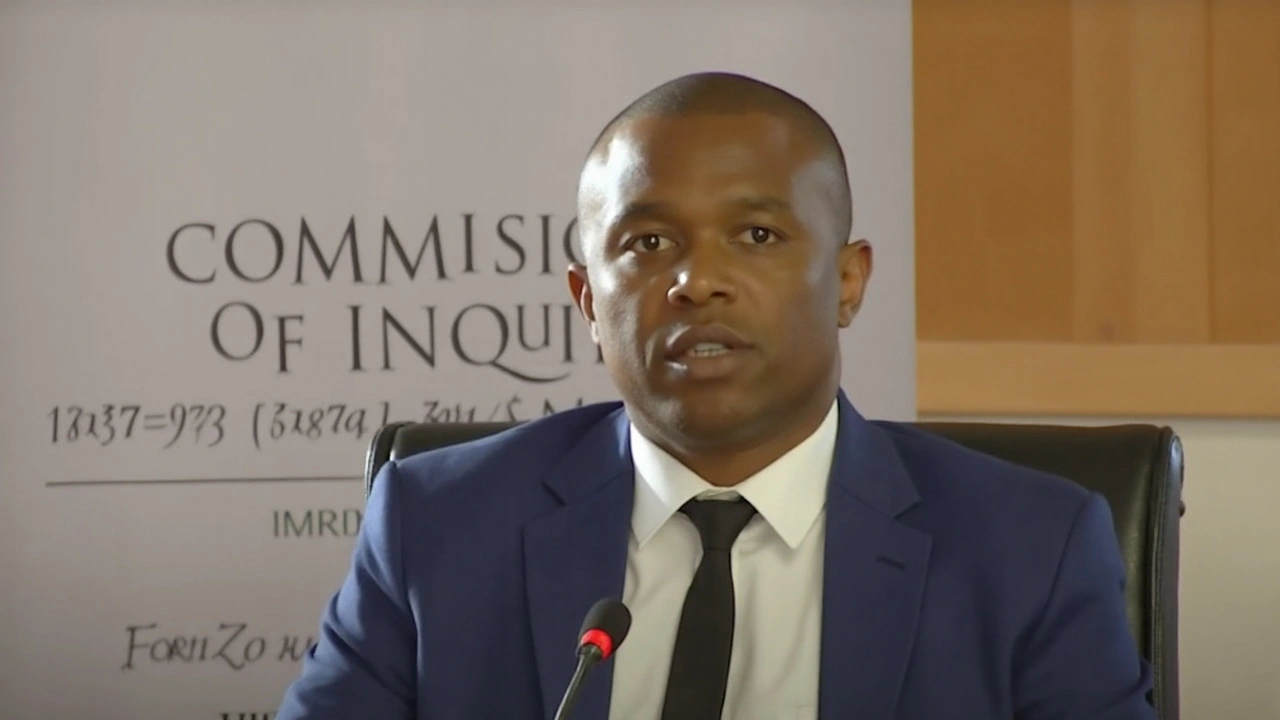
Mkhwanazi's Testimony and the Stakes for Law Enforcement
Mkhwanazi is slated to sit before the commission for several days, starting with an opening statement that could stretch into the following week. In his anticipated testimony, he is expected to detail a series of allegations that point to entrenched corruption and the infiltration of organised crime syndicates within the South African Police Service (SAPS). If proven, the claims could trigger a cascade of disciplinary actions, possible prosecutions and a broad overhaul of policing structures in the province.
Legal analysts note that the commission’s mandate gives it wide investigative powers, including the ability to subpoena documents and compel witnesses to appear. "The commission is not just a fact‑finding mission; it is a potential catalyst for systemic reform," said independent security expert Thabo Dlamini, who has been monitoring the inquiry since its inception.
Beyond the immediate legal ramifications, the hearings carry political weight. The SAPS has long been a flashpoint for public distrust, and any confirmation of criminal infiltration could fuel calls for deeper governmental intervention. Opposition parties have already signalled they will use the commission's findings to press for a national anti‑corruption task force.
Meanwhile, the heightened security has also raised concerns among civil society groups. Some activists argue that the heavy police presence could intimidate witnesses and stifle open discourse. The commission, however, maintains that the measures are purely precautionary, aimed at safeguarding participants and preserving order.
As the Madlanga Commission proceeds, the nation watches keenly. The combination of tight security, a controversial first witness, and the gravity of the accusations sets the stage for a defining moment in South Africa's fight against police corruption.
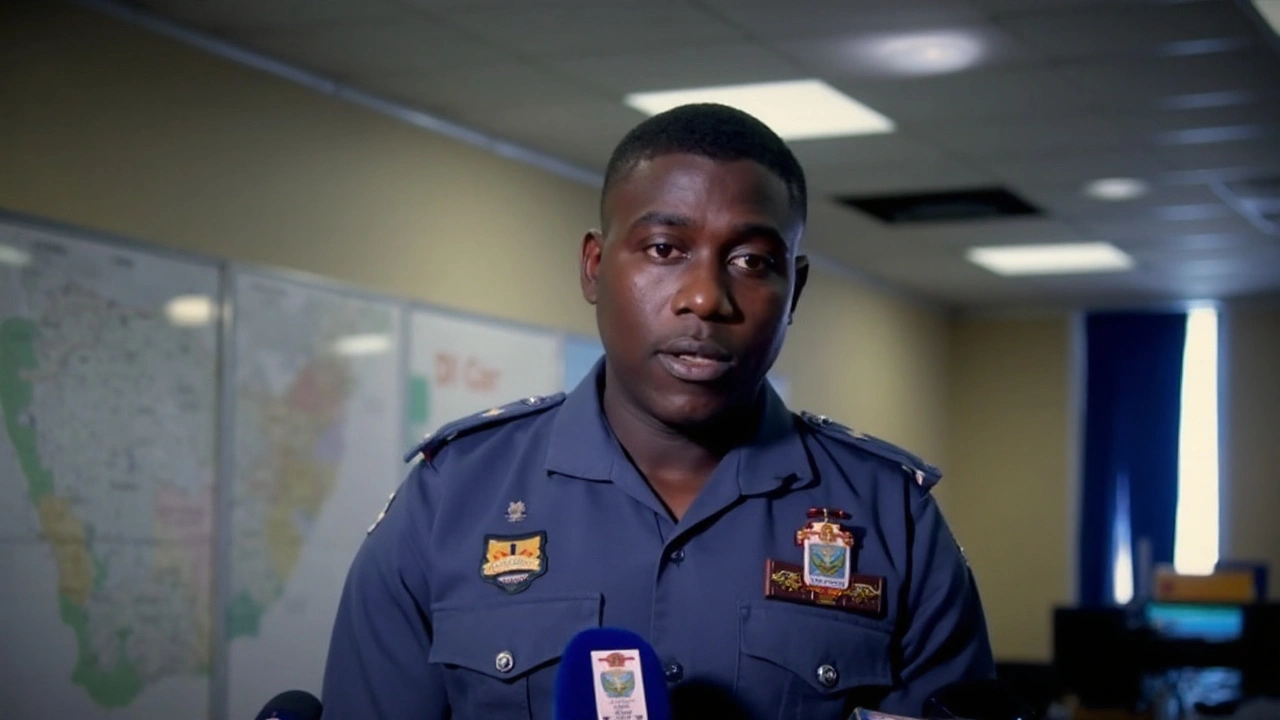
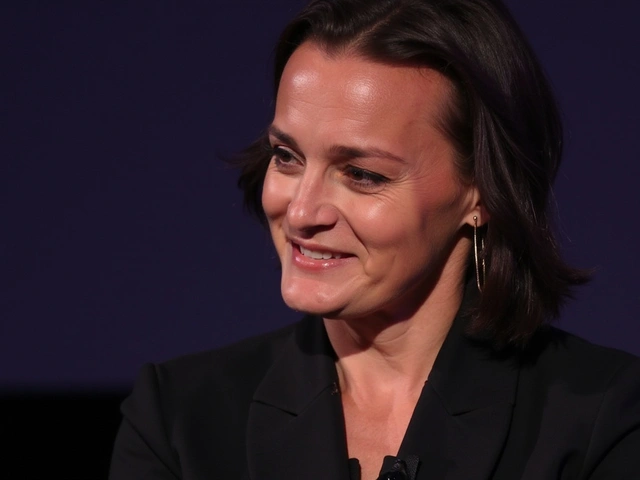
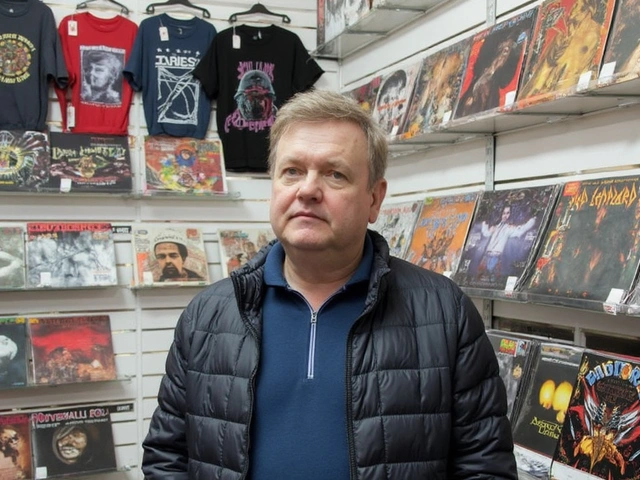
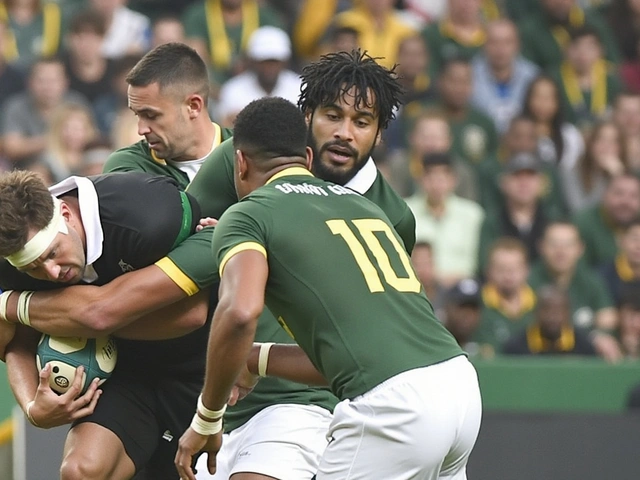



Posts Comments
PRATIKHYA SWAIN September 24, 2025 AT 01:24
Finally, some real action. Hope this actually leads to change and not just another show.
MAYANK PRAKASH September 25, 2025 AT 05:39
The security measures are overkill, but I get it. When you're dealing with people who’ve got dirty hands and deep pockets, you can’t take chances. Good on them for being thorough.
Akash Mackwan September 25, 2025 AT 21:53
This is just theater. They’ve been doing this for decades-lock down the room, flash the cameras, then let the same corrupt cops walk right back into their offices. Mkhwanazi? He’s probably the one who ordered the cover-ups. Don’t be fooled by the fancy fence and badges. This whole thing is a distraction.
Amar Sirohi September 26, 2025 AT 02:22
There’s a deeper philosophical layer here, one that transcends mere institutional corruption. The very architecture of power in post-apartheid South Africa has always been predicated on performative accountability-security perimeters, press briefings, commissioned inquiries-as if the spectacle of justice can substitute for its substance. The metal detectors don’t just screen for weapons; they screen for truth. And truth, in this context, is the most dangerous contraband. The commission isn’t just investigating police corruption-it’s exposing the illusion that institutions can reform themselves without dismantling the structures that birthed the rot. Mkhwanazi isn’t just a witness; he’s a symptom. And until we stop treating symptoms and start excising the disease, all these CCTV vans and badge systems are just expensive props in a tragedy we refuse to end.
Nagesh Yerunkar September 27, 2025 AT 08:53
I’m not convinced. 😔 The state has been playing this game for 30 years. 🤔 They lock down the venue, invite the press, then quietly bury the findings. 🙄 Mkhwanazi? He’s probably the guy who signed the payoffs. 🚫 This is just a PR stunt. 🏛️ #NotBuyingIt #CorruptionIsSystemic
Daxesh Patel September 27, 2025 AT 22:10
Wait, did they say the perimeter fence is temporary? I think they meant to say 'semi-permanent'-these things never come down once they're up. Also, typo: 'Brigitte Mabandla Justice College'-should be 'Brigitte Mabandla Justice College' (double-check spelling). Minor, but important for credibility. Also, who's managing the data from the CCTV vans? That’s a privacy minefield if not handled right.
Jinky Palitang September 29, 2025 AT 14:24
I’m just glad they’re finally doing something. I’ve seen too many people get scared to speak up. The security might feel heavy, but if it helps someone tell the truth without fearing for their life? Worth it. 🙏
Write a comment